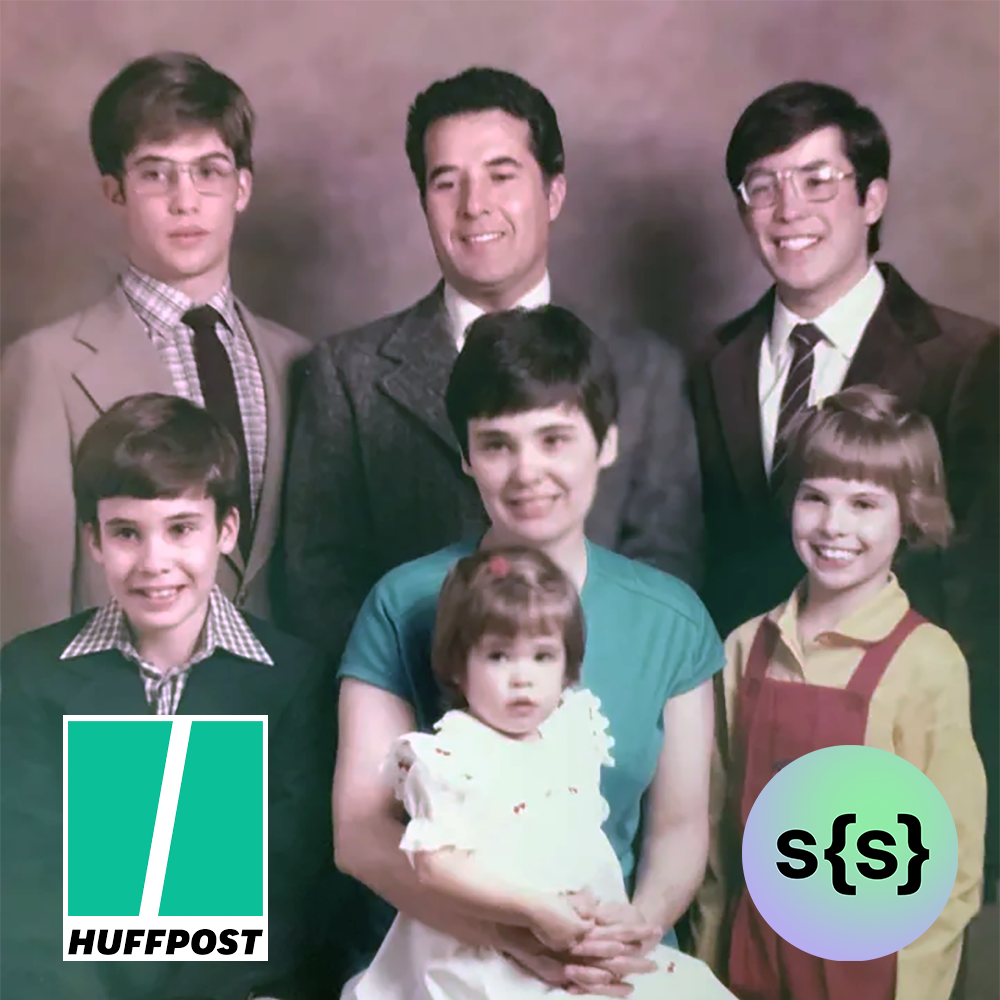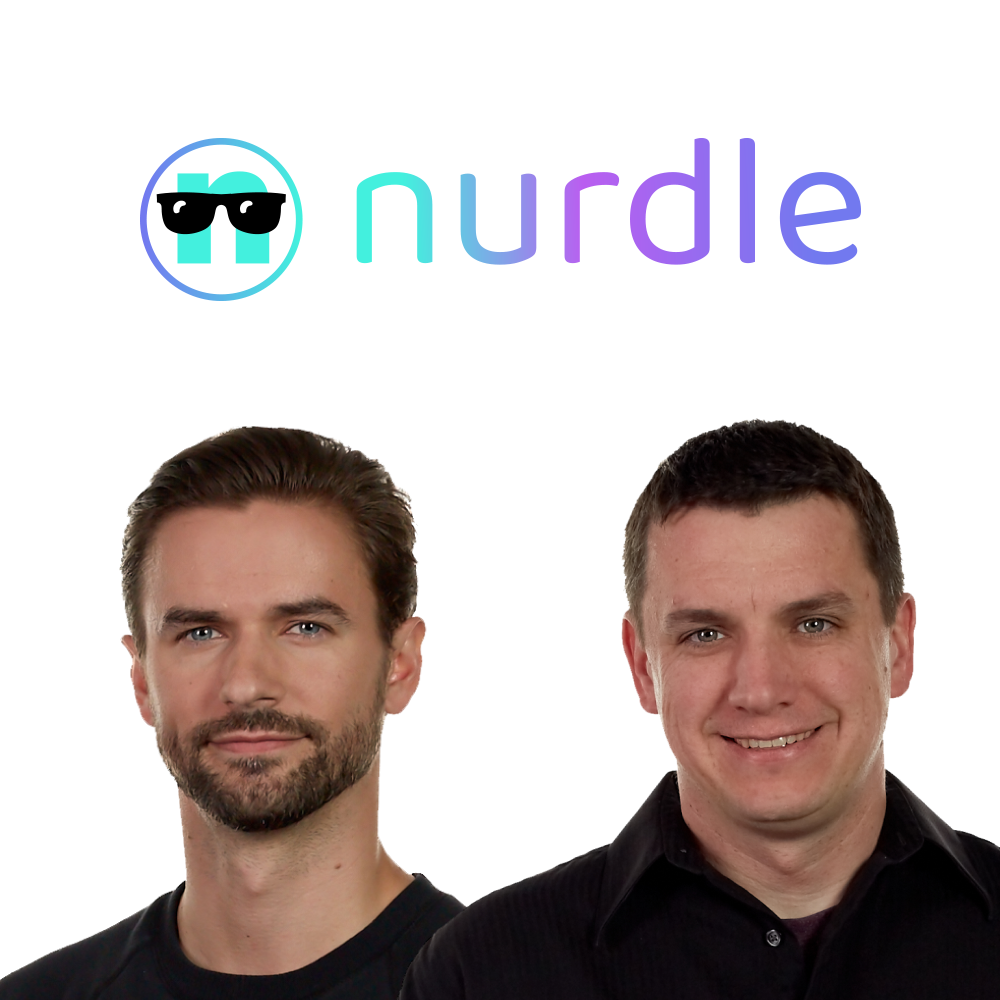Explore our blog
Featured article
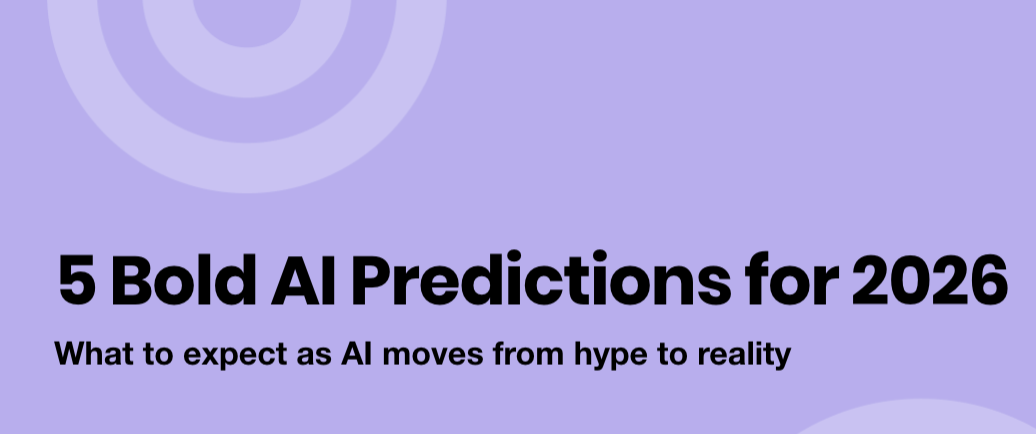
2025 Is the Year That AI Exploded. What Can We Expect in 2026?
The article argues that 2025 marked a true explosion in AI — not just hype — and that 2026 will test whether that acceleration leads to sustainable value or ends up as over-inflated expectations. As AI moves rapidly from vision to deployment, the key challenge ahead is discerning long-term impact from short-term noise.
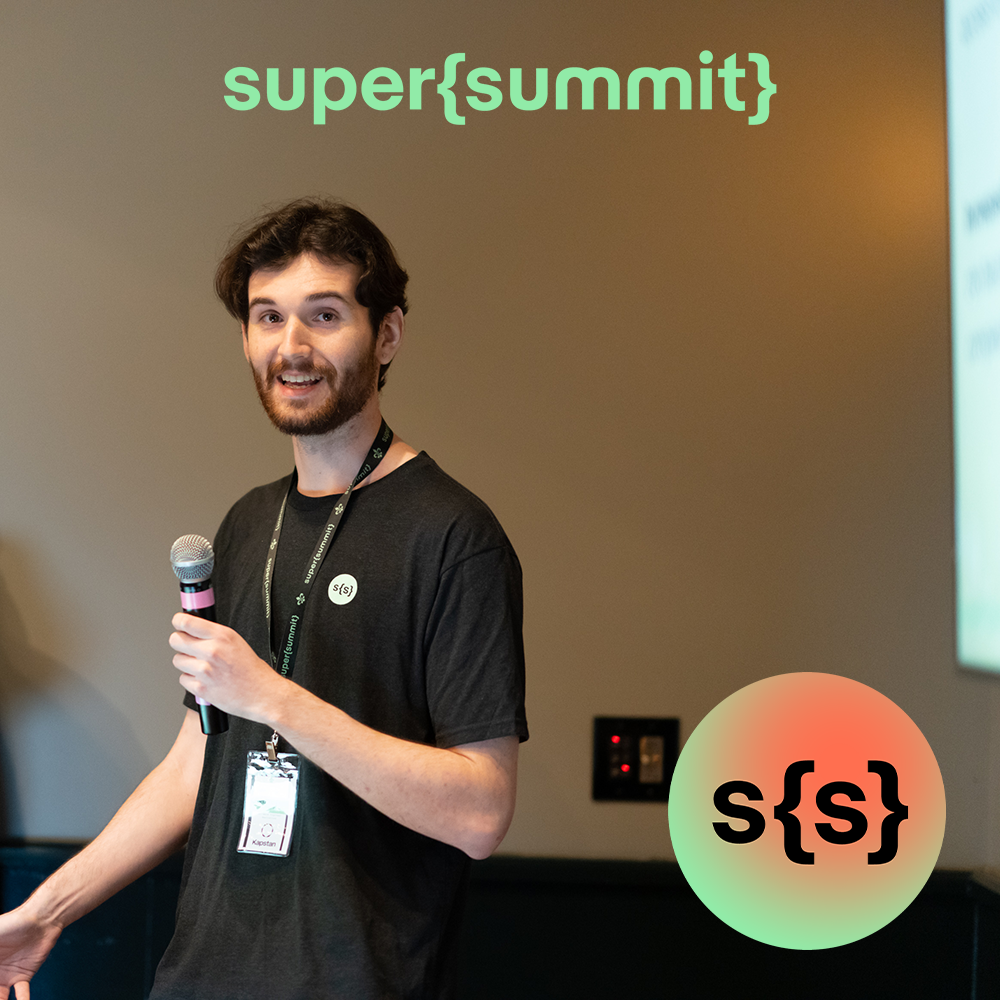
Running cloud platforms efficiently while keeping them secure can be challenging. In this blog post, learn how two of super{set}’s portfolio companies, MarkovML and Kapstan, are leveraging tools like KEDA for event-driven scale and Boundary for access management to remove friction for developers. Get insights into real-world use cases about optimizing resource usage and security without compromising productivity.
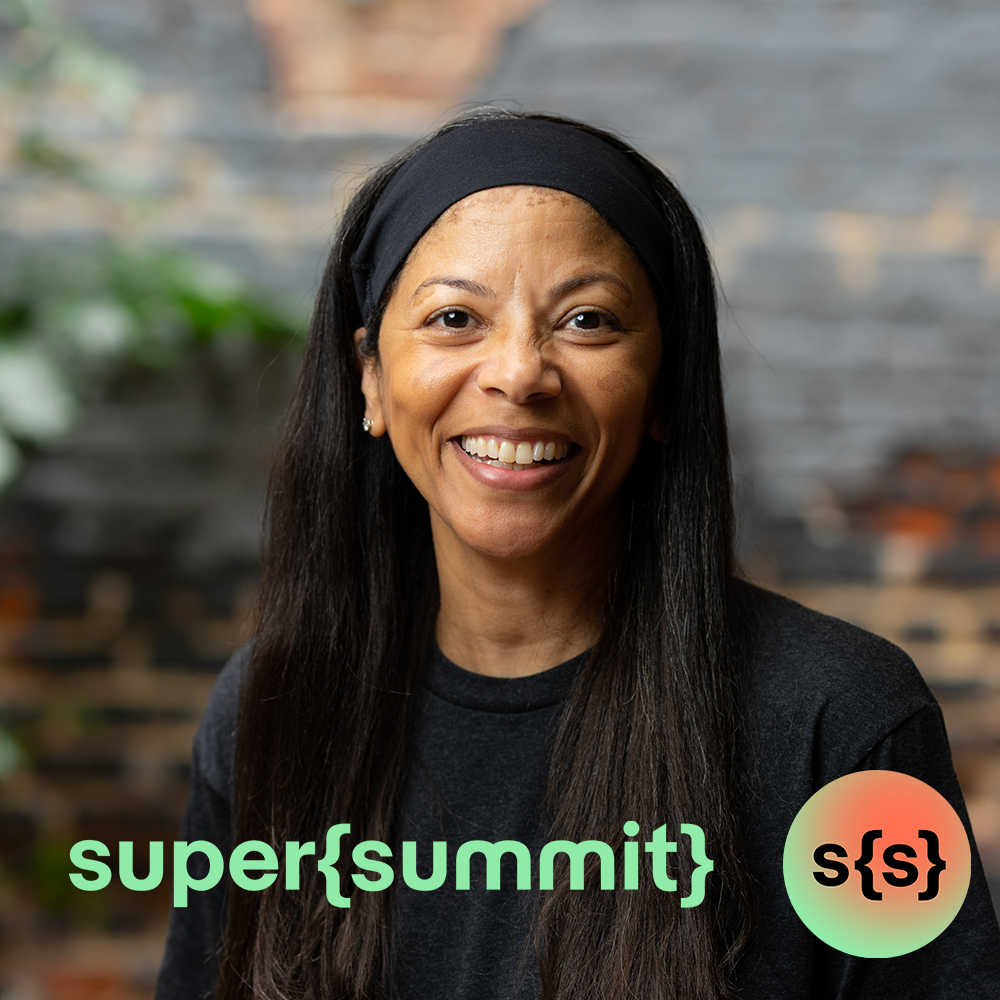
Ever find yourself scratching your head about product management decisions? Join India Lossman, co-founder of boombox.io, as she unpacks the product mindset for engineers. Unravel the art of synergy between PMs and engineers and delve into strategies to enhance collaboration and craft products that users will adore.

Tom Chavez, writing in TechCrunch, calls for new approaches to the problems of Ethical AI: "We have to build a more responsible future where companies are trusted stewards of people’s data and where AI-driven innovation is synonymous with good. In the past, legal teams carried the water on issues like privacy, but the brightest among them recognize they can’t solve problems of ethical data use in the age of AI by themselves."
No items found.
Reset All
